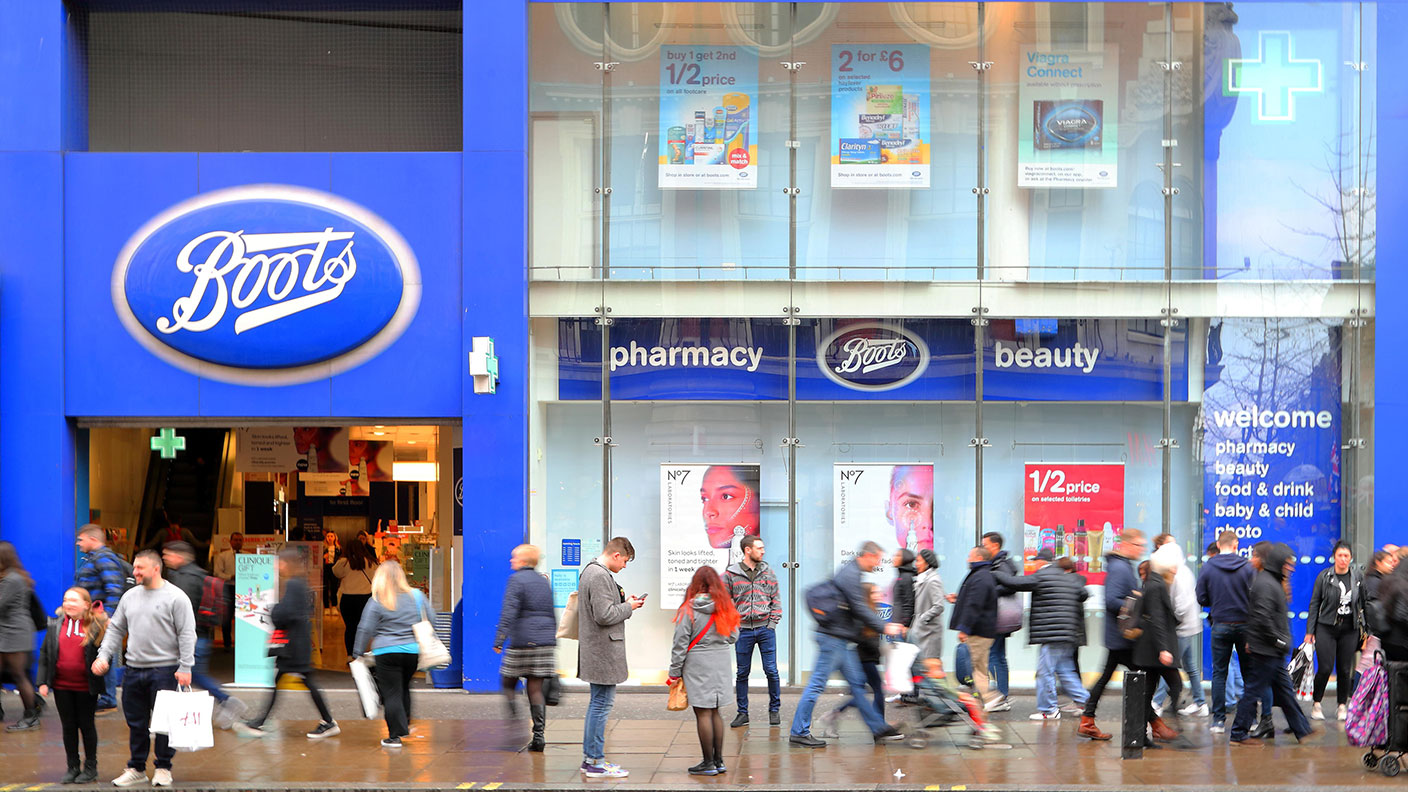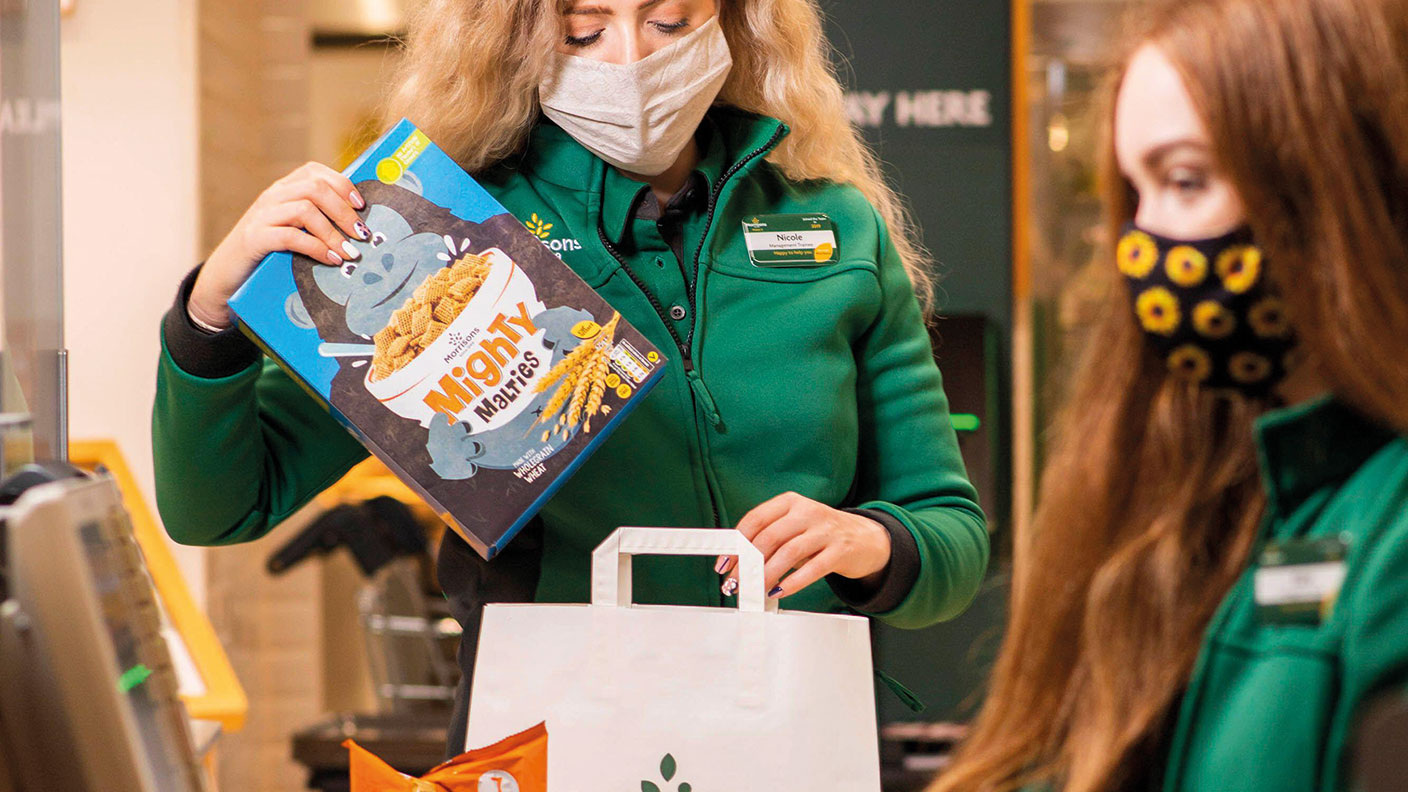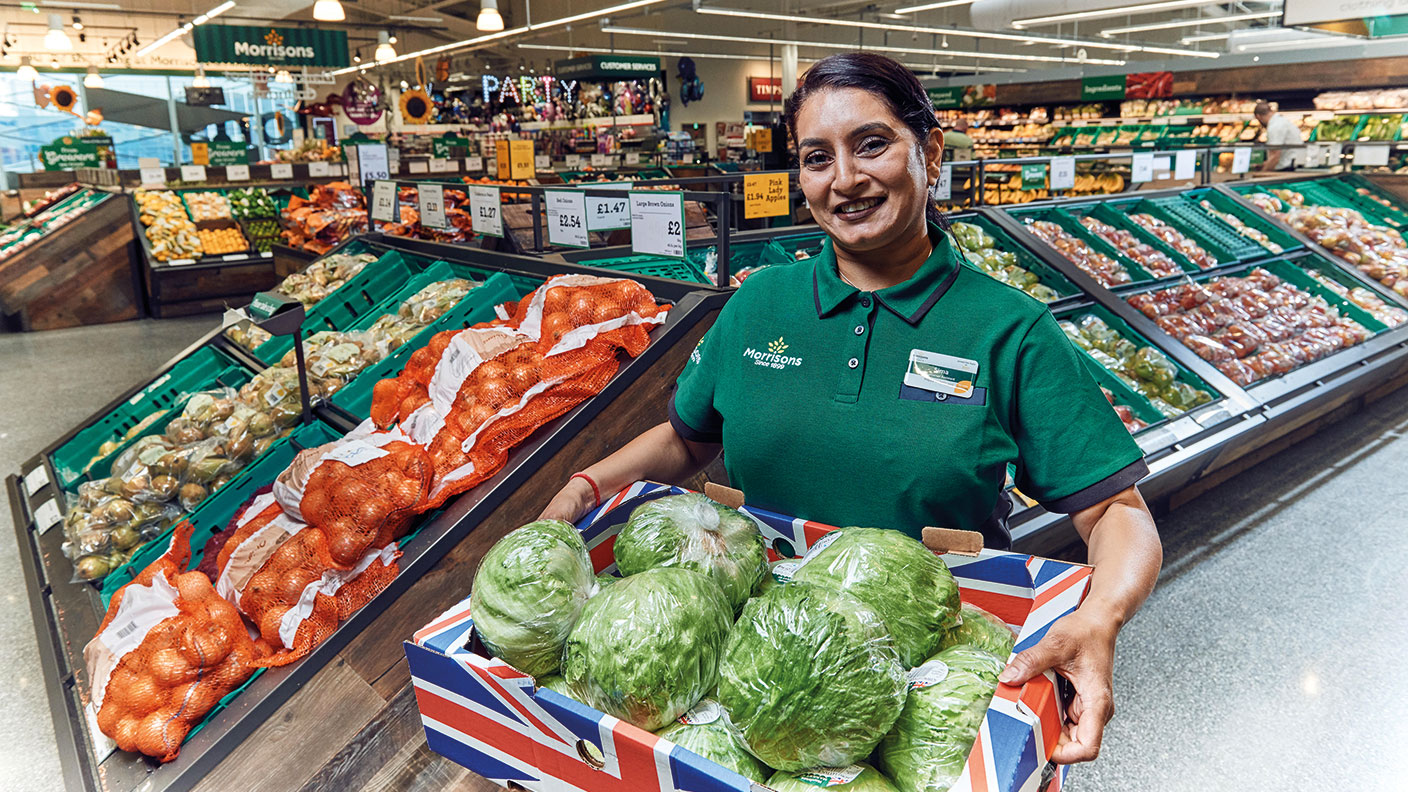Why there were no buyers for the sale of Boots
Boots is a dull and boring business, says Matthew Lynn. It should focus on beauty and healthcare to spruce itself up.


Get the latest financial news, insights and expert analysis from our award-winning MoneyWeek team, to help you understand what really matters when it comes to your finances.
You are now subscribed
Your newsletter sign-up was successful
Want to add more newsletters?

Twice daily
MoneyWeek
Get the latest financial news, insights and expert analysis from our award-winning MoneyWeek team, to help you understand what really matters when it comes to your finances.

Four times a week
Look After My Bills
Sign up to our free money-saving newsletter, filled with the latest news and expert advice to help you find the best tips and deals for managing your bills. Start saving today!
The sale of Boots was meant to be the blockbuster deal of the first half of this year. After a private-equity buy-out, the chain merged with Walgreens of the US in 2014 in a deal worth £9bn at the time. As it turned out, however, there were no real synergies between the US and British businesses. The plan was to sell it off to the highest bidder, and in the wake of all the offers for Morrisons in 2021, hardly the most exciting business in the world, it was hoped more than £8bn could be had for the chain.
In the end, however, it seemed no one was willing to pay more than £5bn, perhaps not even that. Instead, Boots will soldier on, perhaps looking instead to a flotation next year. It’s a difficult market and explanations for why the sale bombed would not be hard to find. Yet Boots is a respectable company, if hardly an exciting one. It needs to reinvent itself before it is put back on sale.
Time for a makeover
First, it could launch some new brands. It already has the successful No. 7 range of make-up. But it has the space in its stores to try out all kinds of new products alongside its own-label offerings. It could be trying new types of health food and supplements, for example, or offering classy ranges of razor blades and shaving foams, a market where brands such as Harry’s have done well over the past few years. It could be trialling different brands of eyewear in its existing opticians’ outlets. Lots of the big consumer-goods firms have done well from brand diversification over the last decade, but not many retailers have followed suit. Boots could open lots of potentially high-growth businesses if it chose.
MoneyWeek
Subscribe to MoneyWeek today and get your first six magazine issues absolutely FREE

Sign up to Money Morning
Don't miss the latest investment and personal finances news, market analysis, plus money-saving tips with our free twice-daily newsletter
Don't miss the latest investment and personal finances news, market analysis, plus money-saving tips with our free twice-daily newsletter
Next, healthcare. Boots is offering more and more simple diagnostic tests and minor treatments through its stores. But it could be doing a lot more. The GP system in the UK is falling apart, with hardly any appointments available, and rarely in person when they are. There will be lots of demand for more private care, and Boots is a natural company to step into that space.
Third, it could acquire a series of health-tech start-ups to build the world’s best range of app-based diagnostic and heath apps, and roll them out around the world. The tech giants such as Apple and Amazon have been spending huge amounts of money building healthcare apps. Indeed, one of the main reasons Apple has pushed its watch so hard is so that it can collect health data on people. The venture-capital industry spent an estimated $57bn on health-tech start-ups last year and there is little sign of that slowing down. Plenty of people clearly think there is a huge market for health apps, but Boots has the expertise in the sector and has a brand that people trust. It could be building a global business online as well as a UK one in retail.
Boots should push back into pharmaceuticals
Finally, get back into the pharmaceuticals business. It may be ancient history now, but Boots was once a major drugs company (it invented the painkiller ibuprofen). That was all steadily sold off and it never managed to turn itself into GlaxoSmithKline or AstraZeneca. But the UK has a thriving biotech, life sciences and vaccine industry with lots of new companies. Boots could start investing in those and set up its own incubator, especially close to some of the major universities. It would only take one or two successes for that to add a lot of value to the company.
Boots is certainly no disaster. It has done better than many private-equity-owned companies that have gone into steady decline. It remains the UK’s leading pharmacy chain, a valuable asset, and has a strong brand. But for the past 20 years there has been very little in the way of ideas or ambition. It could do a lot better. Healthcare and beauty should be one of the most exciting markets in the world. For Boots to be so dull and boring that no one wants to buy it is a very disappointing outcome, and an indictment of a management team that is drifting aimlessly. It needs to make itself a lot more exciting before it goes on sale again – and if it did it might even be able to justify the £8bn price tag its owners were initially hoping for.
Get the latest financial news, insights and expert analysis from our award-winning MoneyWeek team, to help you understand what really matters when it comes to your finances.

Matthew Lynn is a columnist for Bloomberg and writes weekly commentary syndicated in papers such as the Daily Telegraph, Die Welt, the Sydney Morning Herald, the South China Morning Post and the Miami Herald. He is also an associate editor of Spectator Business, and a regular contributor to The Spectator. Before that, he worked for the business section of the Sunday Times for ten years.
-
 How a ‘great view’ from your home can boost its value by 35%
How a ‘great view’ from your home can boost its value by 35%A house that comes with a picturesque backdrop could add tens of thousands of pounds to its asking price – but how does each region compare?
-
 What is a care fees annuity and how much does it cost?
What is a care fees annuity and how much does it cost?How we will be cared for in our later years – and how much we are willing to pay for it – are conversations best had as early as possible. One option to cover the cost is a care fees annuity. We look at the pros and cons.
-
A listed private equity fund going cheap
Tips Some of the fastest-growing businesses are unlisted. This private equity fund can help you profit from them, says David Stevenson.
-
 Private equity's supermarket sweep
Private equity's supermarket sweepNews The private-equity battle for Wm Morrison is intensifying now that it has accepted a bid from Fortress Investment. Matthew Partridge reports
-
 Morrisons takeover bid: supermarket is an attractive target for private-equity buyers
Morrisons takeover bid: supermarket is an attractive target for private-equity buyersNews A private-equity group has made an offer for Morrisons, Britain’s fourth-largest supermarket. Other bids are likely to emerge. Matthew Partridge reports.
-
 Oakley Capital: a tasty private equity fund at a bargain price
Oakley Capital: a tasty private equity fund at a bargain priceFeatures Oakley Capital, the private-equity fund, is cheap, yet its investments are flourishing, says Max King.